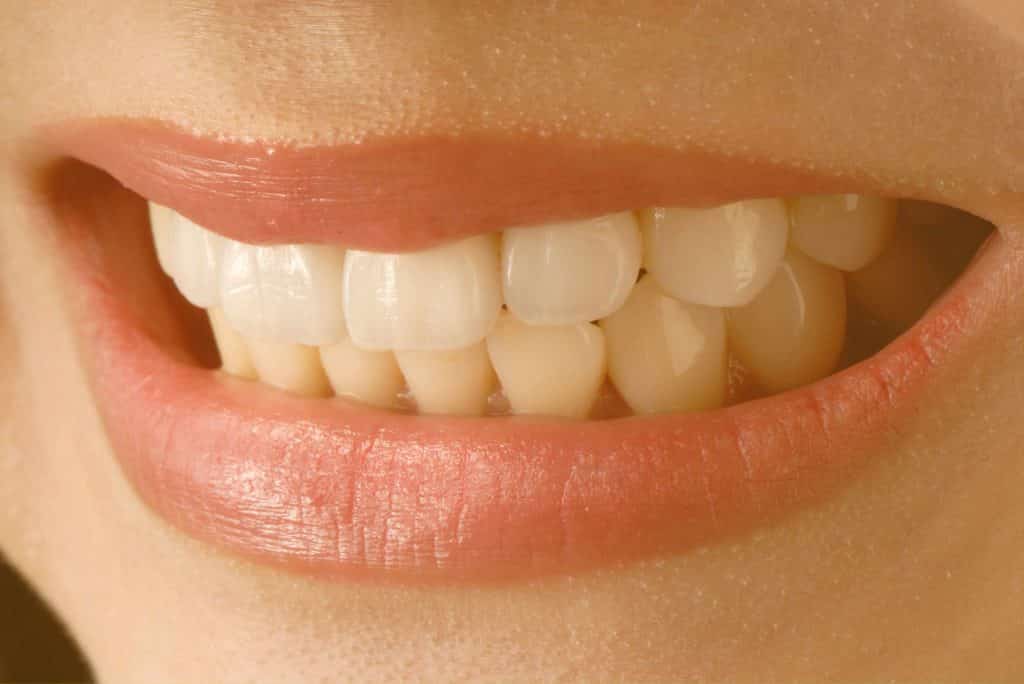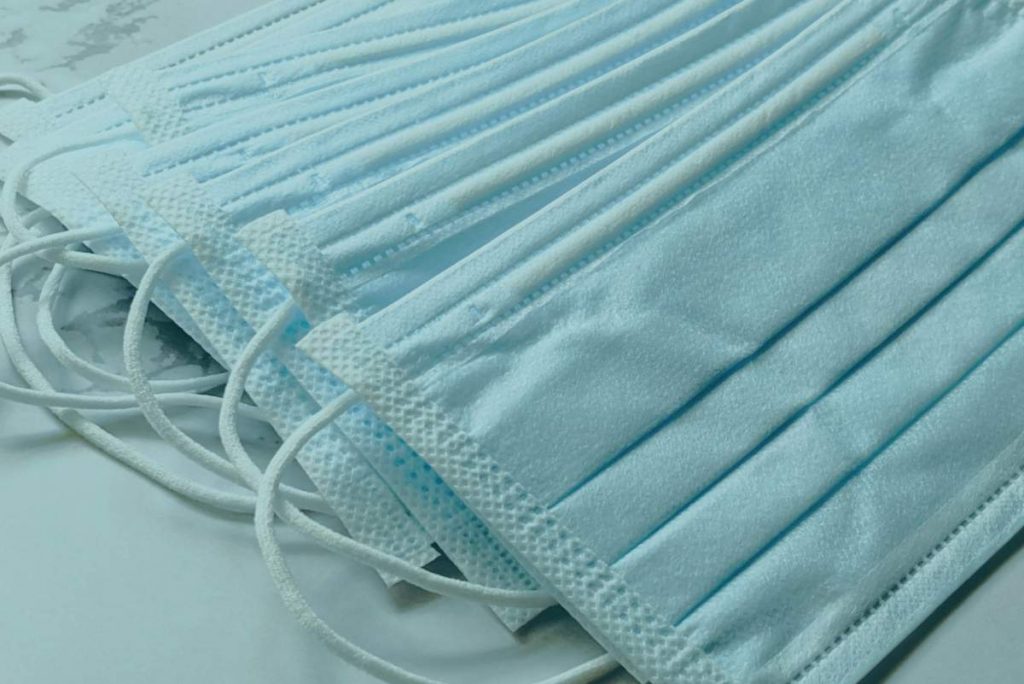Our 3 most common dental procedures
1. Root Canal A root canal is a procedure which attempts to save the natural tooth which has been jeopardized by deep decay or damage. A root canal, or endodontic treatment, is a common procedure that removes infected, injured, or dead pulp from the inside of your tooth. The root canal system is filled with soft dental pulp made up of nerves and blood vessels which can become inflamed due to cavities, injury, abscesses, and disease. If you want to know more about root canals, read more on our blog, here. 2. Fillings A filling is a protective barrier that your dentist uses to protect your tooth after removing the damage caused by a cavity. Your dentist will use either a direct or indirect filling. Direct fillings use either an amalgam or porcelain, where an indirect filling uses crowns and inlays to protect the damaged tooth. If you do not manage a cavity with your dentist, it can grow and become incredibly painful, leading to the need for a root canal or even extraction. 3. Broken Tooth Repair Most often caused by playing sports with improper protection or by accident, a chipped, broken, or dislodged tooth is a serious concern! A chipped tooth can expose the tender dentin layer and create space for cavities and infection. We can repair chipped or broken teeth in a number of procedures from capping to crowns. A dislodged tooth can be repaired if you are able to get to us quickly! Read more about common dental emergencies on our blog.You can prevent these common procedures with good oral health!
Good oral health plays a significant role in prevention of cavities, gingivitis, halitosis, and gum disease. When you come in for your appointment, you can talk to your dentist about ensuring your oral health steps are adequate, or if you might need to add something to your routine. With healthy oral health habits, you can prevent and mitigate further damage to your teeth, plus avoid a potentially costly procedure!You can prevent these common procedures with good oral health!
- Brushing at least two times a day with a soft bristle toothbrush and fluoride toothpaste
- Flossing a minimum of once per day
- Visiting your dentist at least once per year for a cleaning and checkup
- Learning more about the role that diet and water play in a healthy mouth





